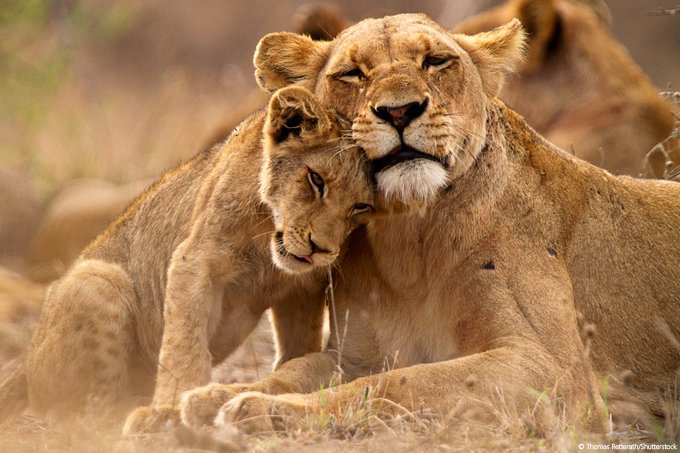The Zimbabwe Environmental Law Association (ZELA) joined the rest of the world in commemorating the World Wildlife Day (WWD). On the 20th of December 2013, the United Nations General Assembly at its 68th session declared March 3 as UN World Wildlife Day to celebrate and raise awareness of the world’s wild animals and plants.
This WWD is being celebrated under the theme “Sustaining all life on earth”, encompassing all wild animals and plants as key components of world biodiversity. The underlying purpose of this day is to celebrate and raise awareness on the significance of preserving biodiversity.
“Zimbabwe is endowed with vast animal and plant resources. As such, a huge responsibility which rests with all Zimbabweans is to be good stewards of these resources. This year`s theme aligns with the UN Sustainable Development Goals 1, 12,14 and 15. The importance of these goals is to alleviate poverty, ensure sustainable use of the resources,preservation and conservation of biodiversity. The goals resonate with the supreme law of the land,specifically section 73. Furthermore, section 116 and 117 of the Environmental Management Act places an emphasis on the promotion of biological diversity and this is in line with the Convention on Biological Diversity which was ratified by Zimbabwe in 1994,” ZELA said.
Over the past few years, Zimbabwe has lost its wild animals as a result of poaching, illegal wildlife trade and other illegal activities. ZELA said there is need to curb illegal wildlife trade as the world strives towards protecting and conserving wildlife.
The environmental advocates said it is imperative for all the relevant stakeholders, including the Government of Zimbabwe to put the following issues into perspective in protecting animal base;
- There is an urgent need to expedite the amendment of Wildlife and Parks Act and review the wildlife policy so as to come up with a strong legal framework that addresses issues of illegal wildlife trade;
- The efforts to review and amend the wildlife laws in our country should be followed by building strong institutions that have the capacity to tackle illegal wildlife trade.
- Zimbabwe’s legal framework must prescribe wildlife penalties that are deterrent enough to the would-be offenders;
- Mining also poses a threat to wildlife around protected areas and communities surrounding mining areas;
- The rise of artisanal gold mining and new large-scale coal mining investments in Zimbabwe has resulted in a spike in prospecting and mining operations in protected wildlife and forest land. There has been an increase in both legal and illegal mining operations in national parks, conservancies, recreational areas and safari areas.
According to the Parks and Wildlife Act the purpose of national parks and other protected areas is to preserve and protect the natural landscape and scenery therein, to preserve and protect wildlife and plants and the natural ecological stability of wild life and plant communities therein and for the enjoyment, education and inspiration of the public.Mining in protected areas does not only result in habitat loss but also defeats the whole purpose of setting up the protected areas.
ZELA called upon the government of Zimbabwe to strengthen community participation in wildlife conservation. This will go a long way in promoting conservation and appreciation of the importance of wildlife both to the economy and communities’ livelihoods.
Zimbabwe has lost several people due to human wildlife conflict. What is perhaps shocking to note is that,our legal framework does not adequately address human-wildlife conflict. It is therefore imperative for the law makers to come up with policies and laws that speak to the issue of human wildlife conflict.
“Our fervent call is that, mining in protected areas must be stalled and discouraged considering that, we do not inherit the earth from our ancestors;we borrow it from our children, thus we need to allow wildlife to thrive in its natural habitat.”






